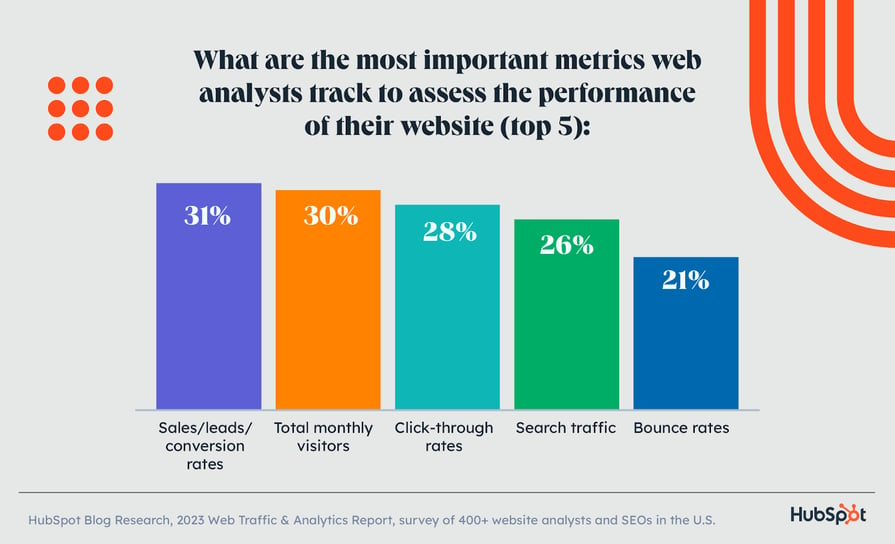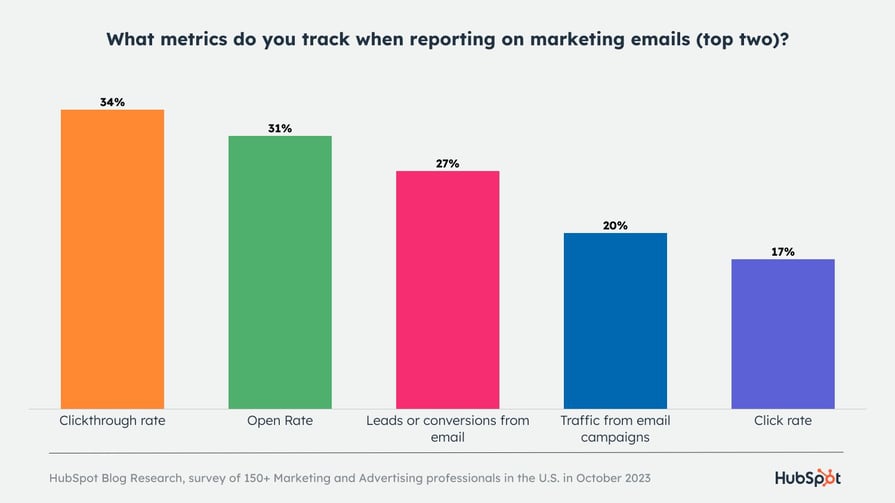Let me tell you embedding iframes correctly – it’s a skill that’s become absolutely crucial in today’s web development landscape.

I’ve been wrestling with this stuff for years and honestly it’s not always a walk in the park.
But once you get the hang of it it’s incredibly rewarding.

You’re essentially adding whole other worlds to your website – seamlessly integrating content from other platforms boosting user engagement and making your site so much more dynamic.
It’s like magic but with HTML!

Understanding the iFrame Beast: What It Is and Why We Care
An iFrame or inline frame is basically a window within your website that displays content from another URL.
Think of it as a portal to another website cleverly embedded right into your own.
Now you might be thinking “Why would I do that?” Well let me paint you a picture.
Imagine effortlessly showcasing a YouTube video a live weather feed or even a interactive map – all without leaving your webpage.
That’s the power of the iFrame.
It’s not just about convenience though.
Strategic iFrame usage can seriously enhance your user experience.

By providing relevant engaging external content you keep your visitors hooked and coming back for more.
You’re boosting your site’s value proposition increasing dwell time and improving overall engagement metrics.
This is especially useful for content marketing strategies.
Think about how you can use it to create compelling interactive experiences.
Psst! Wanna level up your web dev game? 🚀 This guide on embedding iframes is pure gold. Seriously, it’ll make your website look 🔥 Check it out, you won’t regret it!
You can for example embed interactive infographics 360° product views or even social media feeds to drive interaction.
The Nitty-Gritty of iFrame Implementation: A Practical Guide
So how do you actually do it? Well it’s surprisingly straightforward once you understand the basic HTML. The core of it all is the <iframe> tag. This tag is where you specify the source URL of the content you want to embed as well as other crucial attributes like width height and even whether you want a border around your iframe.

A simple example: <iframe src="https://www.example.com" width="800" height="600"></iframe>. This basic example shows the essentials but lets be honest real-world applications are usually a little more complex.
You’ll need to think about things like responsiveness security and the overall design context of your website.
You definitely don’t want your iframe looking like a sore thumb.

Psst! Wanna level up your web dev game? 🚀 This guide on embedding iframes is pure gold. Seriously, it’ll make your website look 🔥 Check it out, you won’t regret it!
I’ve seen it happen and trust me it’s not pretty!

Mastering Responsive iFrames: Adapting to Any Screen Size
One of the most significant challenges with iframes is ensuring they adapt well to different screen sizes.
You need your embedded content to look good on desktops tablets and smartphones; otherwise you risk a frustrating user experience and potentially damaging your site’s reputation.

This is where CSS comes to the rescue! Using clever CSS techniques – I recommend looking into flexible box models and percentage-based widths – you can make your iframes effortlessly adjust to their container ensuring they always look their best regardless of screen size.
This responsive design is crucial in today’s mobile-first world.
Troubleshooting Responsive iFrames: Common Pitfalls and Solutions
Let’s be real; getting responsive iframes perfect is seldom a smooth process.
I’ve spent countless hours debugging seemingly simple embedding issues encountering scrollbars that appear out of nowhere or content that refuses to scale properly.
One common mistake is not setting both the width and height attributes correctly.
A height of 100% doesn’t work magically without setting the container height correctly first.
Also avoid setting fixed dimensions in pixels; instead opt for percentage-based values for optimal responsiveness.

Remember the goal is fluid integration not a pixel-perfect battle against responsive design.

Beyond the Basics: Advanced iFrame Techniques and Considerations
Once you master the basics you can start exploring more advanced techniques.
This could include using JavaScript to dynamically load and manage iframes or integrating them with other elements on your page for a more seamless user experience.
It’s about getting creative and finding new ways to use them.

Psst! Wanna level up your web dev game? 🚀 This guide on embedding iframes is pure gold. Seriously, it’ll make your website look 🔥 Check it out, you won’t regret it!
It’s a bit like opening up a whole new toolkit.
Security and SEO Implications: Navigating the Potential Downsides
While iframes offer amazing functionality it’s crucial to be aware of the security and SEO implications.
For example if you’re embedding content from an untrusted source you risk introducing vulnerabilities to your site.

Also search engines may not always index content within iframes effectively.

Therefore it’s essential to carefully vet any content you embed and to use iframes judiciously avoiding over-reliance on them to ensure your SEO isn’t compromised.
Alternatives to iFrames: Exploring Other Embedding Options
In certain cases iframes might not be the best approach.
There are alternatives to consider each with its strengths and weaknesses.

This is especially important if you are concerned about performance or security.
For instance using JavaScript libraries or APIs might provide a more controlled and integrated experience.
This all depends on your technical skills and the specific needs of your project.
Sometimes simpler is better.

You might even consider just linking to the content instead of embedding it.
It all depends on your overall web strategy.
Check our top articles on iFrame richtig einbinden: So geht’s

Choosing the Right Embedding Method: Matching Your Needs to the Right Tool
The key is to thoroughly evaluate your specific requirements before selecting an embedding method.
Do you need a highly interactive experience? Are security and performance paramount? Do you prefer a simple solution or are you comfortable working with more advanced techniques? Asking these questions will help you make an informed choice ensuring you choose the approach that best serves your needs and aligns with your technical capabilities.
And remember sometimes the simplest solution is often the best.

Remember mastering iframes isn’t just about technical proficiency; it’s about understanding how to use them strategically to enhance user experience improve your website’s functionality and ultimately achieve your online goals.
It’s a journey not a destination.
So get out there and experiment! I promise you won’t regret it.

There is a lot more to cover in this topic but this should give you a strong foundation to build from.
Happy coding!

